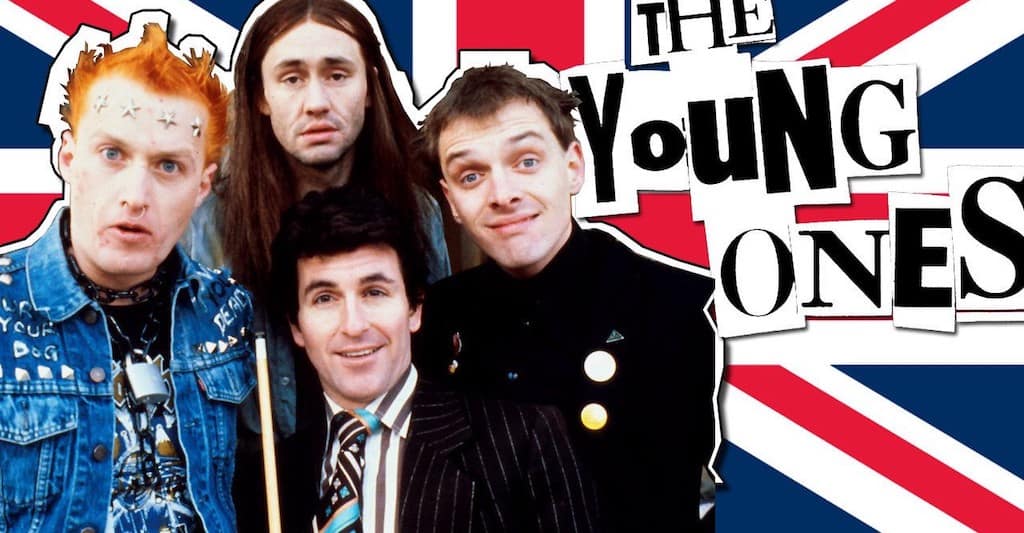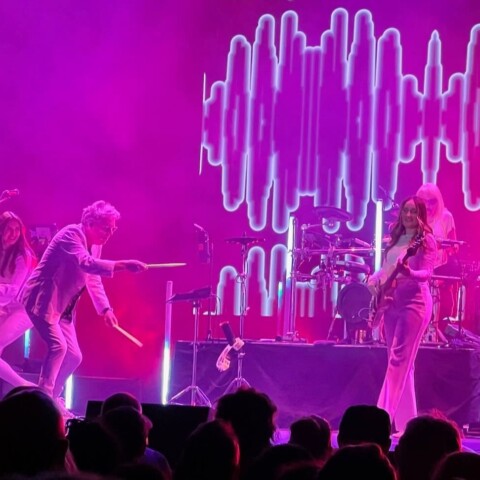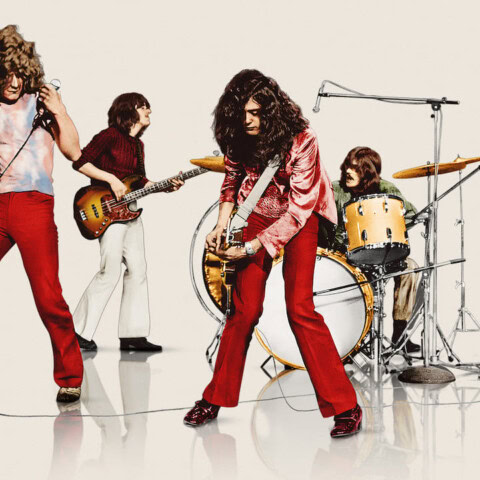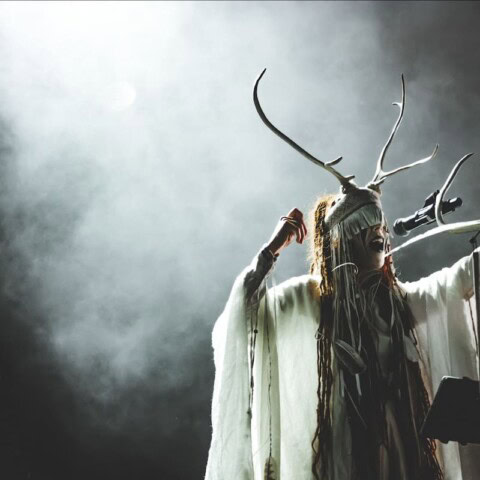How can an astonishing world-class act end up playing to 40 people in a residential house? GARY STEEL witnesses something miraculous.

The rubab came to India from Afghanistan some 160 years ago, where it was modified with a steel plate to give it a more piquant sound. The fretless instrument is notoriously difficult to master. Despite its gorgeous acoustic properties, the instrument has fallen out of favour, and there are few living exponents. One of these is Vikesh Maharaj, who is the only sarod player in the state of Uttar Pradesh (population 204 million). Based in Varanasi by the river Ganges, Vikesh (63) constantly tours the world with the Maharaj Trio consisting of his sons, Prabhash Maharaj (a world-famous exponent of the tabla) and Abhishek Maharaj (sitar). When joined by Tom Bailey (Tom Bailey Band, Thompson Twins, International Observer, Babble) on keyboards, they call themselves the Holiwater Band.
With that extraordinary backstory, the respect these musicians are accorded in the world music scene, and considering the degree of virtuosity on display, it’s kind of shocking that no local promoter stumped up for a proper gig during the ensemble’s recent, weeks-long visit to New Zealand. I thumbed through the Auckland Arts Festival catalogue the other day, and my eyes quickly glazed over at the profound lack of interesting acts. The selection is so dull that I wouldn’t be surprised to learn that the offerings have been auto-filled by some international agency booking those acts that have managed to buy themselves onto a convenient international arts festival circuit.

Meanwhile, last Friday evening the Holiwater Band could be found performing an extraordinary concert to fewer than 40 people in a Grey Lynn lounge, not for the money but for the chance to perform to their friends in New Zealand. The Maharaj Trio had played at the Splore festival and subsequently in a couple of other people’s lounges.
Let it be said that I’m the only one complaining about this state of affairs. The members of the Holiwater Band are humble and uncomplaining and give their all for their tiny audience. It’s me that’s incredulous at this parlous state, where bog-standard acts weekly perform to many thousands at the Spark Arena or benefit from a guaranteed festival income.

But enough of that. I just feel incredibly privileged to have been invited to one of the Holiwater Band’s performances, and to feel the sense of community – and a sense of engagement in the music – that is unique to tiny gigs like this.
Arena concerts can be amazing as all-round shows, but really, they’re the musical equivalent of a big-budget Hollywood action film with lots of explosions and most of the budget going into digital effects. A gig in someone’s lounge isn’t even on the same planet, and it connects to something that we lost as soon as the community ethos of music faded out and stars were mounted on podiums to be worshipped rather than respected for their virtuosity.
I was sitting so close to Abhishek that I was worried that my foot might accidentally knock his sitar, and there’s something confronting about this level of intimacy in a concert that’s also good for the soul. If I’d been witnessing music that was truly dire in these intimate confines, then it would have been a tortuous experience. As it happened, the opposite was true. Sitting so close to the musicians and hearing the acoustic music ringing out without any amplification (apart from Tom’s keyboard, which utilised discrete stereo speakers) made for an experience that’s simply not comparable to a staged gig.
https://www.facebook.com/witchdoctornz/videos/3069077166483598/
The group’s music is aptly described as an accessible entrée to Indo-fusion, as it’s built on the classical raga tradition but incorporates melodies so beautiful and emotive that they can easily bring you to the edge of tears. The most obvious example of this is ‘Lament’, a piece with a seemingly simple melody that somehow taps into a deep well of sorrow.
There are no epic flights of fancy but each piece gives the listener a bit of everything: a hummable melody in ‘the chorus’, a chance for some improvisation on sarod and sitar, and some fiery interplay between those instruments and the tabla. The sarod is quite distinct from the sitar, even if it does share something of its steely tone characteristic. At times you can all but hear the more rustic sound of the rubab lurking beneath the steel plate, and its an instrument given to a hard-won simplicity of expression rather than the more dazzling but perhaps less emotionally compelling capabilities of the sitar.
Prabhash mostly acts as the MC and his banter is both eloquent and heartwarming. In fact, he’s a charismatic individual that you can’t help but love. The playful duals between Prabhash and Abhishek are riveting, and the one occasion Abhishek lets loose on a short, qawwali-style vocal outpouring displayed an astonishing vocalist in the making. More please!

And then there’s Tom Bailey, whose electronic keyboard contributions by rights shouldn’t work, but somehow integrate magically with the acoustic instrumentation. At times, his keyboard sounds like a hammered dulcimer, while at other times it mimics an Indian flute, and somehow he manipulates the instrument to provide the same level of musical integrity and infinite subtlety as the acoustic instruments. There are even a few moments of improvisational wigging out that conjure memories of Keith Emerson’s wriggly synth skills.
Witnessing such a fine, world-class display of musicianship in such intimate surroundings made me re-examine the nature of performance and the relationship between musician and audience. A throwback to ancient ritual where there was a genuine cultural connection between performer and community, this was a moving experience. Everyone should get the chance to witness such an event at least once in his/her life.















